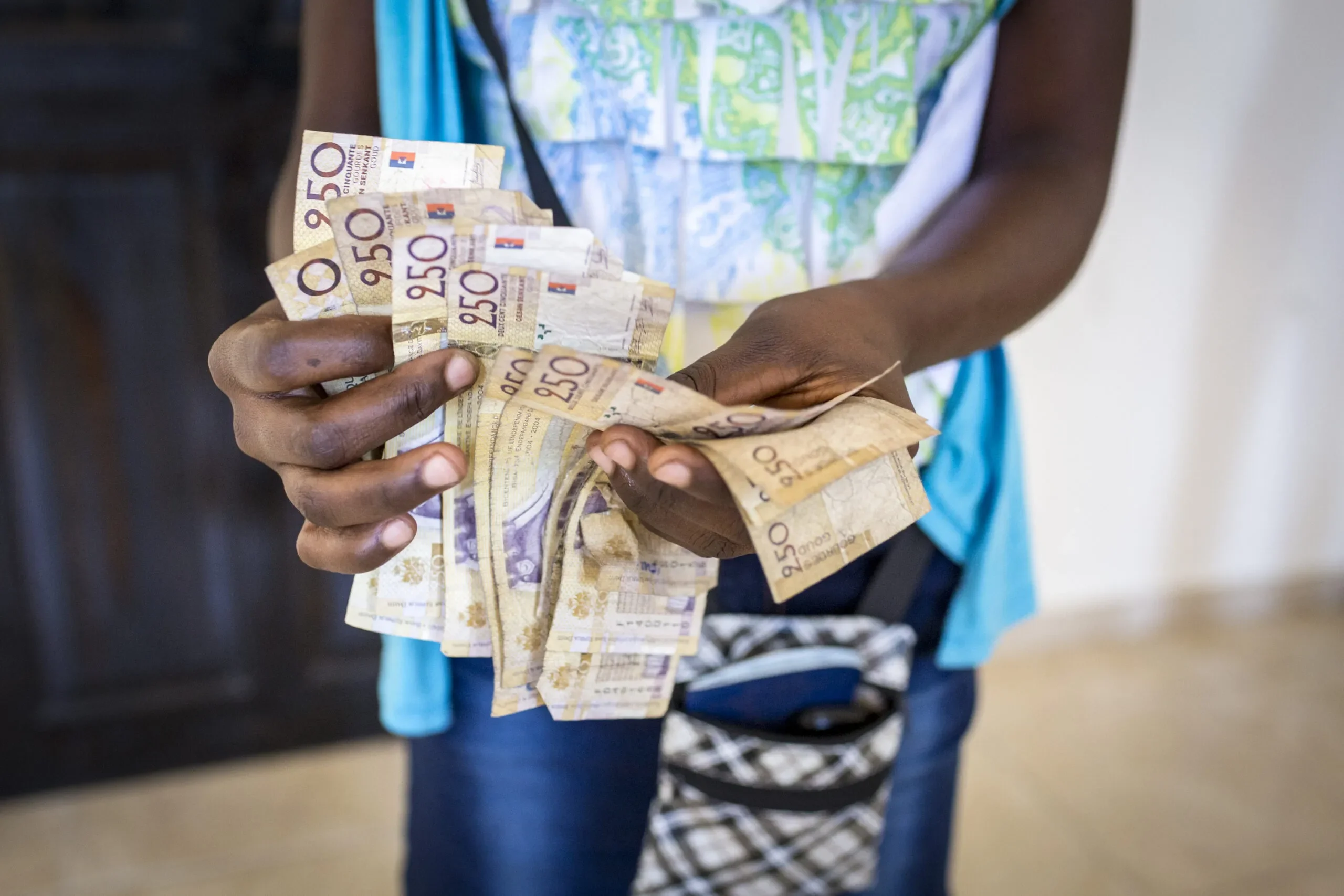
Globally an estimated 1.1 billion women, nearly one in three, are excluded from the formal financial system. This is particularly true in humanitarian crises. The Village Savings and Loan Association (VSLA) model with its focus on establishing low cost, self-administered informal financial services - with the ability to link to formal financial institutions where available - has the potential to help address this gap and lay a foundation for future economic recovery. Since 2019, CARE has been working through our VSLA in Emergencies (VSLAiE) approach to increase sectoral learning on how to successfully implement VSLAs in some of the most challenging crisis affected settings.
Strive Women’s 2024 baseline research assessed participants' financial health, financial inclusion, and business performance. This brief highlights findings related to entrepreneurs' confidence, decision-making, and control within Strive Women’s Financial Health Framework. Read More
This report explores women’s rights and women-led organizations’ perspectives regarding feminist monitoring, evaluation, accountability, and learning (MEAL) across six countries. It aims to i) understand and document how these organizations see and use feminist MEAL approaches; ii) enhance understanding of feminist MEAL’s most important aspects; and iii) share with actors at all levels how to conduct and support its approaches more effectively. Read More
The CARE-WWF Alliance designed a Collective and Sustainable Investment (CSI) model to accelerate the access of small-scale farmers and community-based conservation groups – particularly women and youth members – to finance and to scale economic activities that sustain or improve ecosystems critical to their livelihoods. This learning brief outlines the method, findings, and recommended next steps. Read More